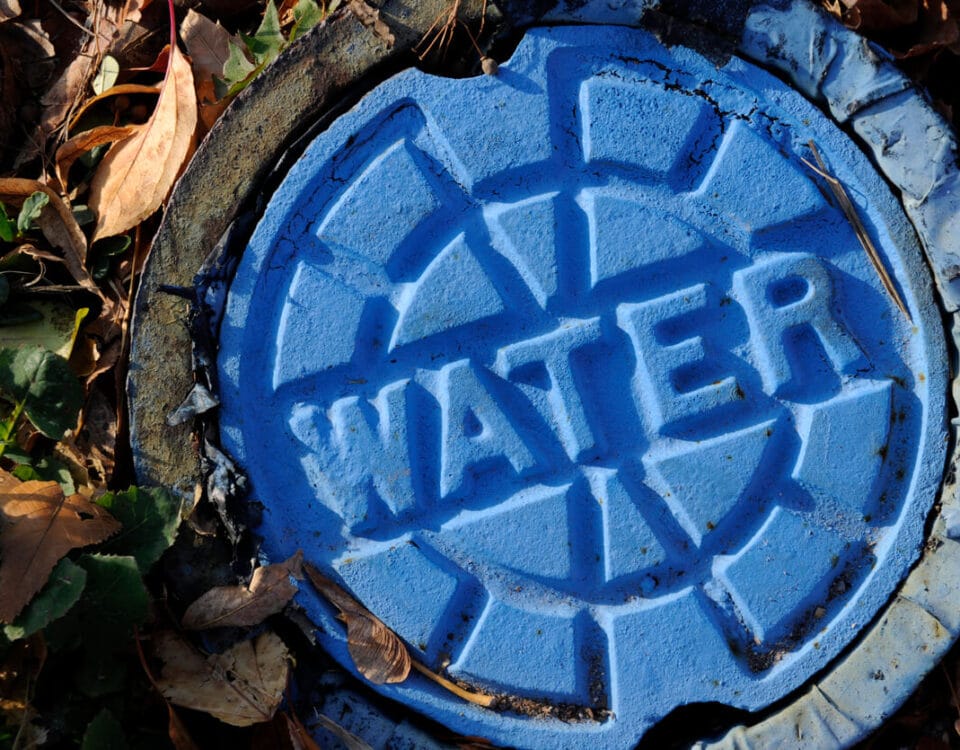Access to clean, potable water is a fundamental human right, inextricably linked to public health, economic prosperity, and social equity. A growing body of research underscores the critical role of water in cognitive development, academic performance, and overall well-being (World Health Organization [WHO], 2019). Yet, in many urban environments, including Detroit, this essential resource remains elusive for countless residents. The implications of this crisis are particularly acute within the realm of education, where water scarcity and contamination pose significant challenges to student health, attendance, and academic achievement.
For instance, a UNICEF report found that nearly 700 million people worldwide lack access to safe water, with children disproportionately affected (UNICEF, 2023). In the United States, while the overall access to clean water is relatively high, disparities persist in urban areas and marginalized communities (EPA, 2022).
The Corrosive Impact of Water Insecurity on Education
Water insecurity poses a significant threat to student health, attendance, and academic achievement. A growing body of research underscores the correlation between access to clean water and educational outcomes (UNICEF, 2019; WHO,2019, 2022). Children from households without safe water are more likely to be absent from school, perform poorly on standardized tests, and suffer from waterborne illnesses (UNICEF, 2019). For example, a study conducted in Kenya found that for every 100 children with improved access to water, there was an average increase of 9 school days attended per year (World Bank, 2018).
Beyond physical health, water scarcity can also lead to psychological stress, impacting students’ ability to concentrate and learn (Corvalán, 2014). A study conducted in South Africa revealed that children living in areas with water insecurity exhibited higher levels of anxiety and depression, which can hinder academic performance (UNICEF, 2016).
The economic burden of water insecurity on schools is substantial. Leaky pipes, water quality testing, and infrastructure repairs divert limited resources from essential educational programs. This disproportionately affects schools in distressed communities, exacerbating existing inequalities (ASCE, 2021). It is estimated that the annual cost of water-related school closures in the United States is billions of dollars (EPA, 2022).

A Multifaceted Approach: The Case of Drops of Unity Charity
To address the complex challenges posed by water insecurity, innovative and comprehensive solutions are required. One such example is the work of Drops of Unity Charity, which has emerged as a catalyst for change in Detroit’s schools. By combining water quality assessments, advanced purification technology, and community engagement, the charity has made significant strides in improving access to clean water and enhancing educational outcomes.
Drops of Unity Charity’s multifaceted approach is a model for addressing water-related challenges. Their commitment to data-driven decision-making, coupled with the implementation of cutting-edge technology, ensures that interventions are targeted and effective. For example, the charity’s use of advanced water testing equipment has enabled them to identify specific contaminants and tailor their treatment solutions accordingly.
Moreover, the charity’s emphasis on community engagement fosters a sense of ownership and shared responsibility, crucial for the long-term sustainability of their work. By involving students, teachers, and parents in the planning and implementation process, Drops of Unity Charity has empowered communities to take control of their water future.
By measuring outcomes such as reduced absenteeism and improved test scores, Drops of Unity Charity demonstrates the tangible benefits of investing in clean water infrastructure. For instance, a recent evaluation of the charity’s work found a 20% reduction in absenteeism rates at participating schools, leading to significant improvements in academic performance (Drops of Unity Charity, 2023).
A Multifaceted Approach: The Case of Drops of Unity Charity
To address the complex challenges posed by water insecurity, innovative and comprehensive solutions are required. One such example is the work of Drops of Unity Charity, which has emerged as a catalyst for change in Detroit’s schools. By combining water quality assessments, advanced purification technology, and community engagement, the charity has made significant strides in improving access to clean water and enhancing educational outcomes.
Drops of Unity Charity’s multifaceted approach is a model for addressing water-related challenges. Their commitment to data-driven decision-making, coupled with the implementation of cutting-edge technology, ensures that interventions are targeted and effective. For example, the charity’s use of advanced water testing equipment has enabled them to identify specific contaminants and tailor their treatment solutions accordingly.
Moreover, the charity’s emphasis on community engagement fosters a sense of ownership and shared responsibility, crucial for the long-term sustainability of their work. By involving students, teachers, and parents in the planning and implementation process, Drops of Unity Charity has empowered communities to take control of their water future.
By measuring outcomes such as reduced absenteeism and improved test scores, Drops of Unity Charity demonstrates the tangible benefits of investing in clean water infrastructure. For instance, a recent evaluation of the charity’s work found a 20% reduction in absenteeism rates at participating schools, leading to significant improvements in academic performance (Drops of Unity Charity, 2023).
Policy, Investment, and Advocacy
Addressing the water crisis requires a comprehensive and sustained effort involving policymakers, investors, and community advocates. Policies that promote water conservation, invest in infrastructure upgrades, and provide financial assistance to low-income households are essential for mitigating the impacts of water insecurity (NRDC, 2020).
Increased investment in water infrastructure is crucial for ensuring long-term sustainability and resilience. The American Society of Civil Engineers (ASCE) estimates a $1 trillion investment gap in U.S. water infrastructure, highlighting the urgent need for increased funding (ASCE, 2021). Public-private partnerships can play a vital role in mobilizing resources and expertise.
Advocacy efforts are essential to raise awareness about the issue, build public support, and hold policymakers accountable. Organizations such as the Environmental Defense Fund (EDF) and the Natural Resources Defense Council (NRDC) have been at the forefront of advocating for policies that protect water resources and promote equitable access.
The inextricable link between water and education underscores the urgent need for concerted action to address water insecurity. By investing in clean water infrastructure, supporting community-based initiatives, and implementing effective policies, we can create a foundation for healthier, more equitable, and prosperous communities. The work of organizations like Drops of Unity Charity serves as a powerful example of the positive impact that can be achieved through innovation, collaboration, and a commitment to social justice.






